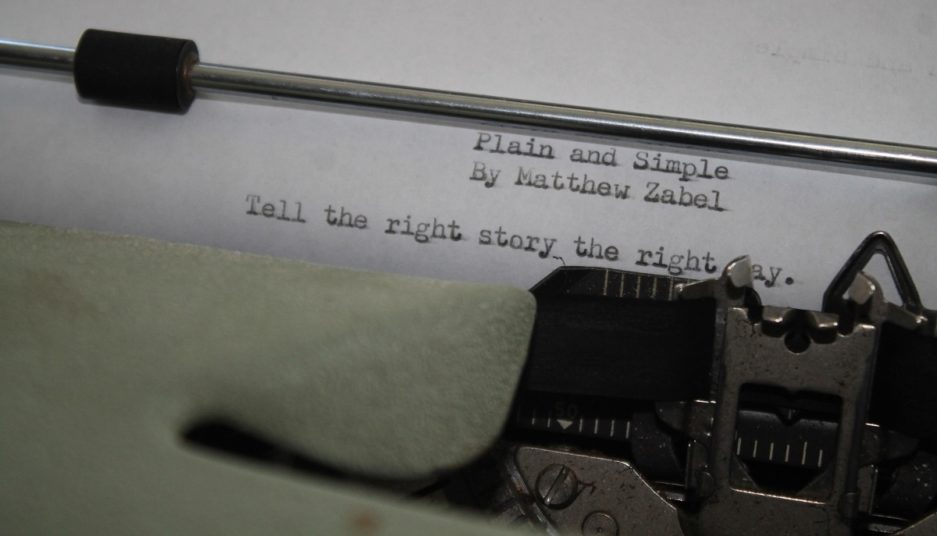A journalism professor in the mid-1990s offered what proved to be the best professional advice I’ve ever received.
“Look for a job where you have to do everything,” he told me. He recommended I look for a job at a small newspaper, rather than a large one. At a large paper, he said, I’d get a job as a writer, and that’s all I would do. Doing “everything” was the best way to develop a lot of different skills. The more skills I had, the more I would stand out from the competition later.
I took Gary Warner’s advice and in 1995 landed my first full-time job – sports editor at the Helena-West Helena Daily World, a small daily newspaper in eastern Arkansas. I didn’t have to do quite everything, but in a four-person newsroom, I couldn’t survive unless I could pitch in on almost any task related to putting the news in the paper.
I would be the only sports writer on staff and I was responsible for the page design and editing. I would be expected to photograph any games I was covering. I was confident about the writing and editing. I had some things to learn about page design and photography, though I had no idea how much.
I was woefully unprepared to be the main darkroom technician. (No, we didn’t have digital cameras.) I also was unprepared for my role in helping with paste-up. (No, we couldn’t just send a digital file to the press.)
Patient (usually) editors taught me what I needed to know, and my skill and confidence in all those tasks grew.
Often, I had to take charge of my own destiny and learn new skills on my own, often on the fly and in the heat of a crisis.
As my career advanced, each new job required me to improve each skill and add new ones. In some cases, I could learn those new skills from a peer or boss, as I had in Arkansas. Often, I had to take charge of my own destiny and learn new skills on my own, often on the fly and in the heat of a crisis.
For example, how do you keep a staff focused on producing an excellent product after respected colleagues have been unexpectedly laid off or fired? As a city editor, training can’t adequately prepare you for that. I had to understand my personality and the personalities of each team member. I had to trust my instincts and common sense.
Those experiences helped me understand that Professor Warner’s words may have been more than sage advice. Instead, he may have been prophetically instructing me that I would not make it through a professional career unless I picked up new skills along the way.
That’s been the truth for more than two decades, and I don’t see it changing any time soon.
